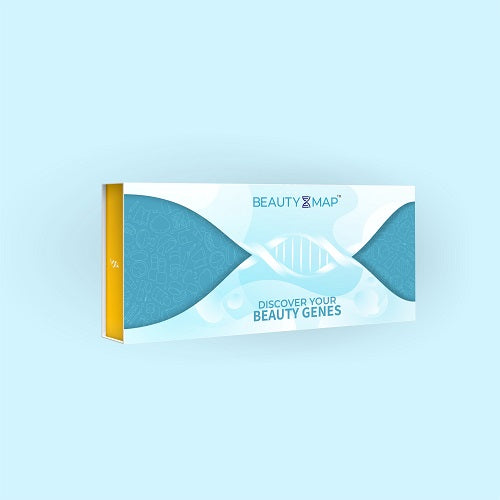Skin Glycation
Glycation is a natural process where excess sugars in the body bind to essential skin proteins like collagen, leading to an aged skin appearance. When sugar molecules attach themselves to collagen and other skin-supporting proteins, the glycation process creates advanced glycation end-products, or A.G.E.s. A.G.E.s degrade collagen integrity, compromise its ability to self-repair, and cause these fibers to become weak and brittle.
Impact of Gene Variants
Genetic predisposition can affect the rate of glycation and skin aging. Certain polymorphisms in the GLO1 gene increase the risk of early skin glycation.
Ways to Recognize Problems
Problems with skin glycation can be identified through symptoms such as wrinkles, loss of elasticity, compromised barrier function leading to excessive dryness, inflammation, and the appearance of acne.
Ways to Improve
Here are some ways to improve your skin glycation: Use targeted skincare formulas, refine your diet, turn to proper sun protection.
Did you know
Glycation is a key factor in the skin aging process, affecting collagen and elastin.Facial elasticity was found to be negatively correlated with the cheek skin glycation index.
